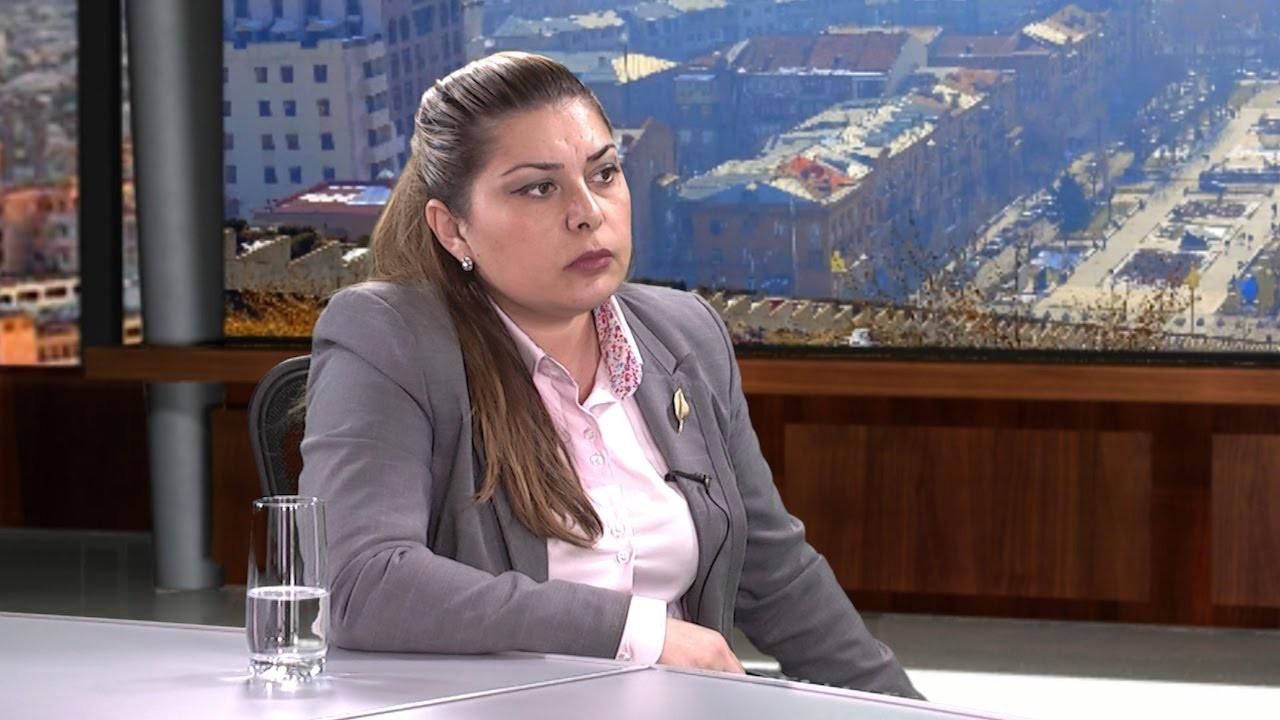
Iran Expert: Despite Historic Rivalries, Iran Doesn't Seek Confrontation with Turkey
Hetq interviews Iran scholar Gohar Iskandaryan
Turkey has recently been trying to increase its influence in the Middle East and North Africa in various ways, including sending weapons to various parties. At the same time Ankara has announced its so-called "historic mission" towards Armenia. Against this background, it seems that an alliance is being formed against Turkey by a number of Arab and Christian countries. But it seems that we do not see Iran in this, whose plans definitely do not favor such expansion by Turkey. What is the position of Armenia’s southern neighbor towards these Turkish aspirations?
Iran and Turkey are historical rivals in the region. Thus, not every Turkish ambition coincides with the interests of Iran. However, we must also take into account the fact that Iran is currently under the strictest of sanctions by the United States.The U.S. policy of isolating Iran continues. In addition, Iran conducts some trade with Europe, mainly shipping goods through Turkey. Thus, Iran does not seem to want to clash with its immediate neighbor, although in a number of regional issues, such as Syria and Lebanon, there is an apparent conflict of interest.
At the same time, in recent years, Turkey has been trying to play its game in the region, promoting its ideology of neo-Ottomanism. In implementing these policies, Turkey is gradually pushing American interests out of the region, and the second part of this problem coincides with Iran's interests. During Erdogan's rule, the country, obviously stepping back from secularism and giving a lot of space to Islamic ideas, to some extent opened new edges of cooperation with Iran. However, the problems of the pan-Islamic ideology always include the Shiite-Sunni conflict, where Erdogan, satisfied with his grandiose aspirations, tries to lead the Sunni world, and Iran, traditionally, the Shiite world.
Did Iran wake up after the assassination of General Soleimani at the beginning of the year and the crash of a Ukrainian plane in Tehran?
After the assassination of Ghasem Soleimani, Iran’s religious leader ranked him among the martyrs and mentioned that with his death it is impossible to stop the work he started.
Representatives of the Iranian armed forces, as well as Hezbollah, said that they would avenge his death. A few days after Soleimani's death, the U.S. military base in Iraq was attacked. It suffered great material damage, but there was no loss of life. Although there was an impression that the American side was aware of the strikes, the process itself was exceptional․ Iranian forces had hit American military bases and were not punished. At the time, due to the confused situation, that the tragedy occurred, due to negligence the Ukrainian passenger plane was bombed, when it was suspected of being an American plane that had entered the territory of Iran. After three days of silence, the Iranian president admitted Iran's share of guilt, apologized and promised to provide monetary compensation to the families of the victims.
However, Iran's economy is in a very difficult situation, given that the US continues to impose serious economic sanctions. There is also the periodic escalation of relations in the Persian Gulf, which is fraught with the risk of escalating tensions and destabilizing the region.
When speaking about the clashes in Tavush and the Nagorno-Karabakh conflict in general, Iran shows restraint. What is the role of this country in the Armenian-Azerbaijani confrontation today, taking into account that Tehran has previously tried to play the role of mediator between Yerevan and Baku?
In general, throughout the Artsakh war, Iran tried to take a neutral position, urging the parties to resolve the issue through negotiations. Yes, in the early 1990s Iran tried to act as a mediator, but later the Minsk format was adopted, after which Iran was left out of those processes. After all, it is not in Iran's interest to have an uncontrollable and unpredictable situation near its northern regions.
Although Iran tries to maintain neutrality in its official political statements, according to various data, 25-30 million Turkic-speaking Iranians live in the country, and sometimes anti-Armenian speeches and calls are heard to satisfy the emotions of this internal audience.
During the recent events in Tavush, it was reported that Turkic-speaking Iranians were planning to organize and hold protest rallies in Tabriz and Tehran, particularly near the Armenia Embassy in Iran. However, thanks to the Iranian authorities, these protests were monitored and the protesters were unable to carry out their actions. Of course, it was worrying that the Iranian media mainly used the Azeri press and spread mostly Azeri views.
Another fact worries Iran today - Turkey's activity in Nakhichevan. Although the Turkish-Azerbaijani armed forces have conducted joint military exercises in recent years, each such exercise is becoming a matter of great concern for both Armenia and Iran.
 Videos
Videos Photos
Photos
Write a comment